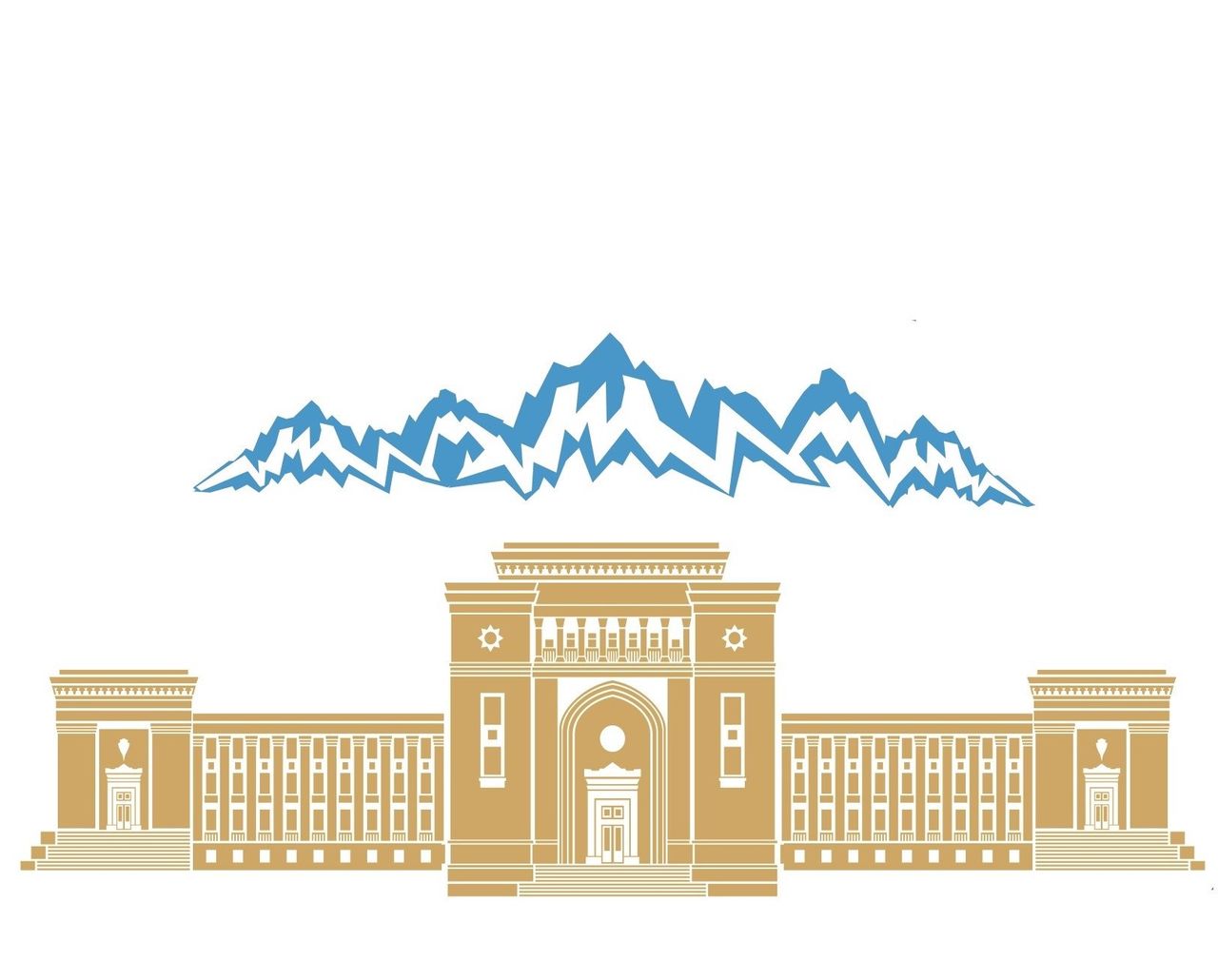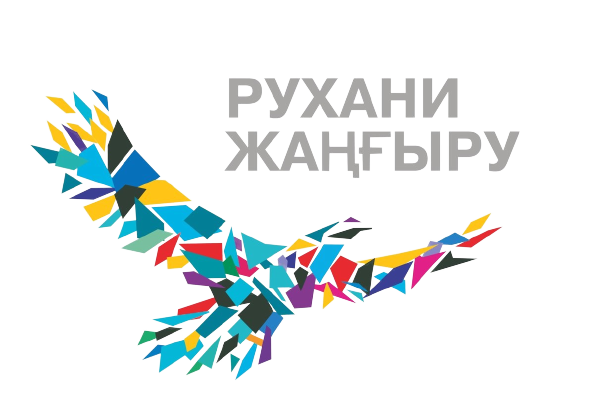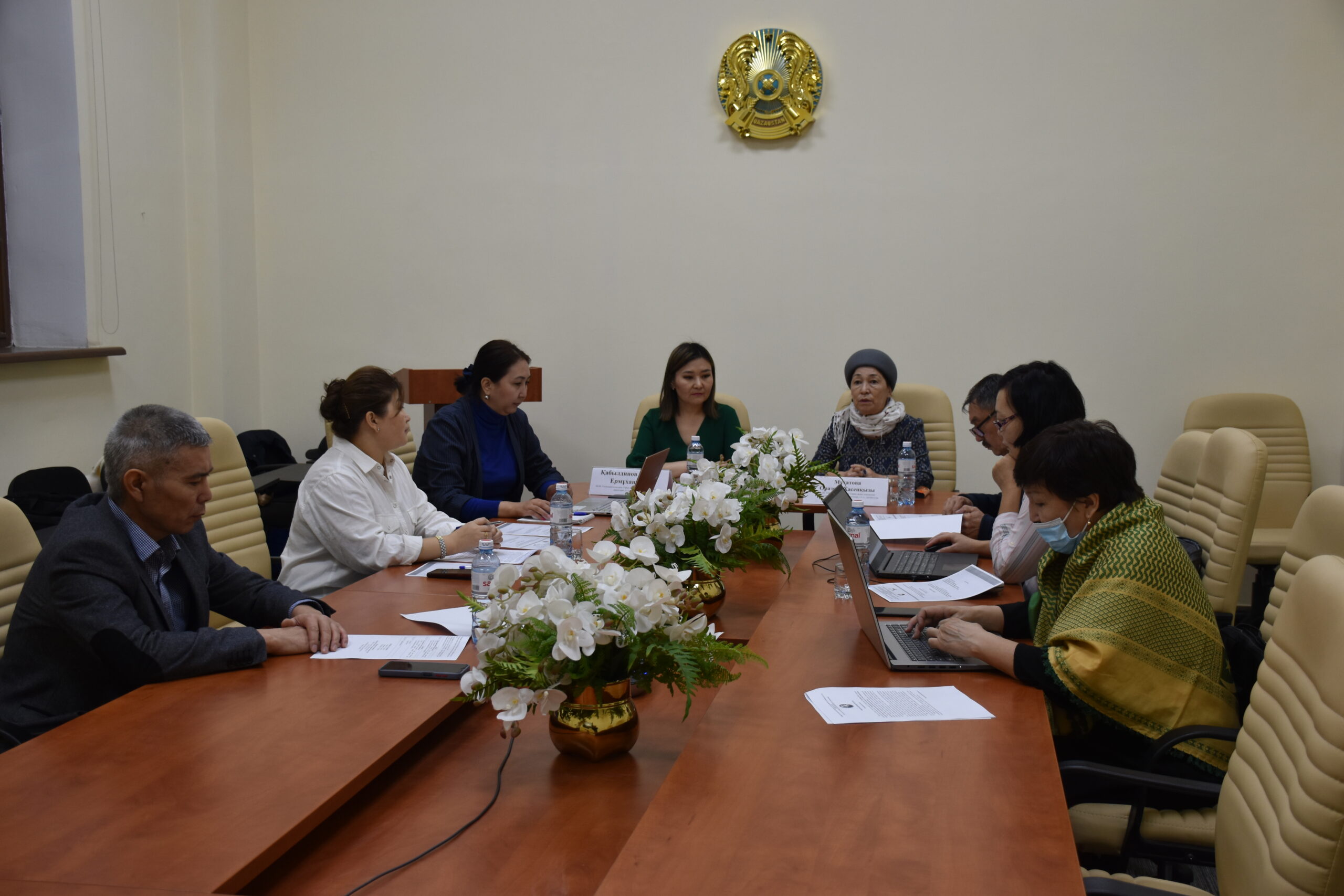October 31, 2023 at the Institute of History and Ethnology named after Sh.Sh. Ualikhanov held a methodological seminar on the topic “Transformation as one of the stages of modernization of nomadic society (using the example of the Kazakhs of the Bukey Khanate).” The purpose of the methodological seminar is to identify trends in transformation and the results of modernization of the Bukey Khanate, and to develop a broad discussion on the history of the Khanate. The moderator of the seminar was Doctor of Historical Sciences, Professor O.Kh. Mukhatova.
The task of the seminar were to reveal the reasons for the beginning of the modernization transformation, assess the role of Zhangir Khan in the Bukey Horde based on archival data, and show the reasons for the failure of Zhangir Khan’s “progressive” policy.
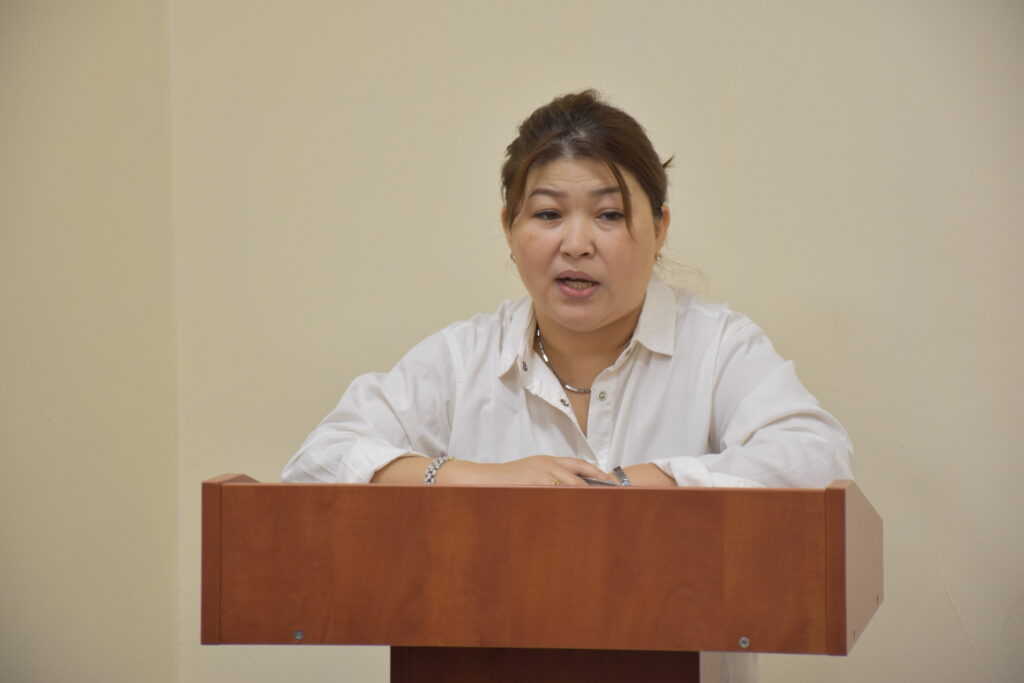
The Leading Researcher of Institute, Candidate of Historical Sciences Galia Shotanova at the beginning of her report, defined terms such as “transformation” and “modernization.” Then she spoke about the formation of the Khanate under Bukey, the reasons for its creation and the territory of the Khan’s possessions. According to the author of the report, the Bukey Khanate was created by the imperial authorities in 1801 in the area between the Volga and Ural rivers. The Khanate included part of the districts of the current West Kazakhstan and Atyrau regions of Kazakhstan, as well as the Astrakhan and Volgograd regions of the Russian Federation. The reason was the escape of Trans-Volga Kalmyks to China in 1771, when these lands became uninhabited, influenced by the factors of natural reduction of pasture boundaries and the unprecedented growth of barymta in the 18th century. Under Jangir Khan, the khanate experienced its rise, the historian claims, arguing with facts such as the strengthening of the Islamic religion and the penetration of commodity-money relations. In addition, the khan was very concerned about the education of his subjects, the introduction of European culture and education, and the development of Islam. And we can talk about these list a lot.
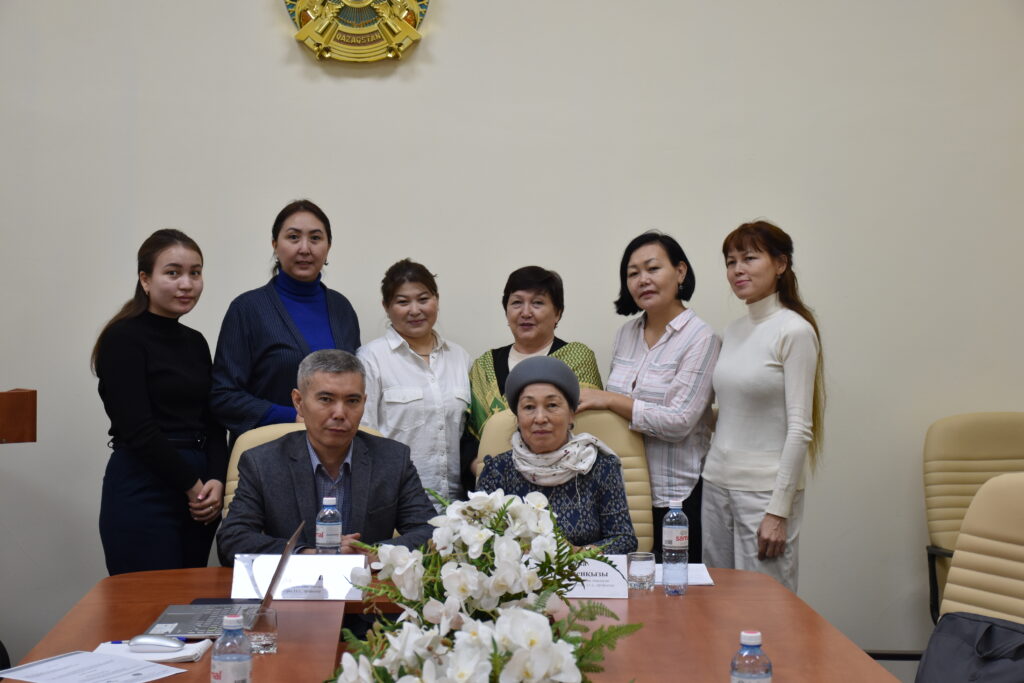
At the same time, the author says, the transformation also had negative effects. Here, the speaker Shotanova emphasized Jangir’s strong dependence on the colonial authorities, which was manifested primarily in the ban on migrations outside the Bukey’s possessions.
At the end of the event, a discussion took place, in which the Junior researcher of the Department of Historiography, Source Studies and Modern Methodology Zamzagul Bayzhumanova, the moderator of the seminar of the Chief Researcher of Institude Orazgul Mukhatova and others took part.
